For over a year, the Thai Department of Special investigation (DSI) has pursued the Honorary abbot of Wat Phra Dhammakaya on numerous charges, the most severe of which being alleged “money laundering”. The source of the allegedly illicit money came from Klongchan Credit Union Cooperative (KCUC), in the form of a public donation. DSI issued a summons for the abbot to report to hear the charges. After he missed the summons, DSI issued an arrest warrant, despite the fact that the temple requested charges be given at the temple due to the abbot's health, something completely legal.
In order to arrest the honorary abbot for missing the summons DSI deployed a massive scale force to raid Wat Phra Dhammakaya, on authority of article 44 of the interim constitution, leading to a 23 day siege of the temple after DSI tried forcing all non-residents out of the temple. The siege ended when a deal was struck to allow the search to continue on the condition that witnesses followed officers, but it did not merit anything for the authorities.
Not long after DSI called off the search on the temple for the honorary abbot, some new charges popped up, this time on the vice abbot of the temple for allegedly using the KCUC money to buy stocks and illegal land. This contradicts an earlier statement by the Thai Anti-Money Laundering Office specifying what the money actually was used for. And of course, DSI refuses to specify which stocks he allegedly invested in. While the alleged purchases of stocks in itself, even if true, is not even illegal, the illegal land purchases are. So these new accusations raise a question.
Does DSI even know what money laundering is?
An example of actual money laundering via a legal casino.
Cleaning illegal money through illegal land purchases or monks trading stock would not be money laundering- or at the very least be an incredibly poor attempt at money laundering.
Money Laundering, by definition, is the act of making illicit funds appear legal. This is often done by taking illegal funds, concealing the money trail, and transferring the money into something legitimate. So for the honorary abbot to be charged with money laundering, DSI had to have evidence of an attempt to make the funds appear legal. But after over a year of investigating this “money laundering” case, DSI officials are now saying the KCUC money was used in buying unnamed stocks and illegal land on part of the vice abbot. If this was the case, the temple would be making illicit funds appear, at best, even more illicit.
So what's going on here?
DSI is now giving two contradictory charges to the two main figures of Wat Phra Dhammakaya. One to the honorary abbot for “money laundering” (taking illicit funds and making them appear legal), and then after DSI couldn't find him, they charge the vice abbot for using that exact same money to do illegal activities (putting illicit money into illicit things) just days after the failed search.
So, if DSI is going to come up with trumped up charges, they should at least make them feasible. Either the honorary abbot is a suspect of money laundering, or the vice abbot a suspect in illicit land deals, but these two accusations cannot both be true at the same time.
For the KCUC money to have been “laundered”, it could not have been put to illegal land or any illegal activity for that matter. For the money to have been used on any illegal activity, it would by definition not have been money laundering. DSI’s charges against the honorary abbot of Wat Phra Dhammakaya and now the vice abbot of Wat Phra Dhammakaya contradict each other.
Either one charge is true or the other charge is true. That, or neither of them are.

